In traditional finance, individuals and businesses entrust banks and other financial institutions with their money and securities. There’s hardly anyone who doesn’t have their funds managed by these institutions. That’s because people believe that banks can be trusted.
The same system applies in the cryptocurrency world, where traders, retail investors, and institutions safeguard their digital assets through crypto custody. Usually, the service is rendered by crypto custody providers. But there’s more to know. So, we’ve put together this detailed guide to help you understand crypto custody.
Understanding Crypto Custody: What Does It Mean?
As the name implies, crypto custody refers to the process of safeguarding cryptocurrency assets. You can describe it as a method of protection that allows you to store and manage your coins in one place.
Though you can store your assets by yourself using a self-custodial wallet, digital asset custody usually involves third-party storage. That means securing your Bitcoin’s private keys with crypto custody providers.
However, it’s crucial to note that these solutions do not store your assets directly. They only secure your private keys – which are your proof of ownership of the said assets. This is why it’s crucial to use reputable and safe custody providers to prevent your assets from being stolen, mismanaged, or hacked.

Why is Crypto Custody Important?
Cryptocurrencies represent money stored on the blockchain. That means without proper security, you can lose your funds to hackers or other malicious actors. That’s why crypto custody is crucial to safeguarding your crypto holdings.
As stated earlier, it’s not exactly the coins that you store with a crypto custody solution. Instead, you hand over your private keys that are required to execute transactions on the blockchain the assets belong to.
These digital asset custody solutions use sophisticated technology to offer users strong security, speed, and flexibility. So, you can equally use many of them to manage, send, receive, and trade crypto in one place.
Types of Crypto Custody
As a crypto investor, there are numerous ways to protect your holdings. We highlight the popular methods below:
Self-Custody
Crypto self-custody is arguably the most popular asset custody option among most investors. Just like the common phrase, “Not your keys, not your coins,” most people prefer to use non-custody wallets that they have complete control over.
These solutions help them store their private keys online using hot wallets or offline using cold wallets. Both wallet types have some pitfalls. For instance, hot wallets are susceptible to security breaches because they operate online. Similarly, cold wallets can be stolen or missing, making it almost impossible to recover your crypto funds.
So, when taking custody of your cryptocurrencies, you must operate with the highest level of security to avoid mistakes. Since this may be overwhelming, especially for beginners, let’s look at other alternatives.
Partial Custody
Partial asset custody allows multiple users to secure the private keys of a particular asset. That means only approved users have access to the associated crypto funds.
The method is similar to having a joint bank account with multiple signatories, and it functions using the following technologies:
Multisignature (Multisig) System
Multisignature wallets require every entity associated with them to have individual private keys to access their coins. So, instead of using a single signature to approve a transaction, users need at least two keys to execute transactions.
The higher the number of private keys required to match for transaction approval, the stronger the security. That’s why some use up to 3 of 5 private keys on their Multisig wallets.
Multiparty Computation (MCP) System
The multiparty computation (MCP) system is more secure than the Multisig system because it does not require users to disclose their individual private keys to one another. Instead, their collective input data is distributed individually and their contributions are concealed from one another.
What happens is that only the combined keys are disclosed, so the details of other partial custody users are private.
Third-Party Custody
The truth is that you can choose to safeguard your crypto assets yourself. Many self-custodial solutions exist for this purpose. However, as mentioned above, there are significant risks to consider. That’s why many people store their private keys with third-party providers with crypto custodial services.
Due to the significant amount of assets they safeguard and their huge responsibility, the providers employ high-end security tools and measures to ensure your keys are safe. Many providers are also insured, offering customers a guarantee of getting their funds back if the unexpected happens.
Moreover, these platforms allow you to connect directly to exchanges. So, you can easily buy, sell, and trade crypto without needing an additional crypto wallet. However, they are not devoid of risks also.
For instance, if your provider goes bankrupt, you may be unable to get your coins back. Some providers also place transaction limits on their users. So, you can’t solely decide how much you can spend per time.

Things to Look Out for in a Crypto Custody Provider
Crypto custody providers aren’t built the same. That’s why you must prioritize some things when choosing one. Here are some important factors to consider:
Security and Licensing
One of the paramount things you want to look out for in a custodial service provider is security. Reputable brands employ various security tools to safeguard their websites, users, and funds. These include encryption technology, two-factor authentication (2FA), and independent audits.
Moreover, they are usually licensed by reputable bodies, including government agencies like the Securities and Exchange Commission (SEC), to attain fairness and compliance with anti-money laundering (AML) laws. Additionally, some providers are insured by the FDIC, keeping users’ minds at rest that their funds are safe.
Transparency
As stated above, some crypto custodial companies insure their stored assets to give their customers an additional layer of confidence. They do this using proof-of-reserves. Legitimate companies report the status of their proof-of-reserves from time to time, enhancing transparency.
Trading Integration
User experience is also paramount when choosing a crypto custody provider. One of the smooth features some provide is direct integration with cryptocurrency exchanges. That way, you don’t need multiple accounts to store your assets and send or receive crypto. You can do it all using the custody solution.
Cold Storage
Custodians that keep their assets in cold storage are more secure than those using the hot storage option. That’s because cold asset storage operates offline and is more secure from hacks and similar security breaches.
Reputation/Customer Support
Conduct thorough research to understand a custodian’s reputation among existing users before opting for it. A good approach is to check online reviews and social media presence. Also, look out for their customer support ratings online to understand their typical challenges and the experience of the average user.
Conclusion
Having learned about crypto custody in this article, we believe you can now confidently answer the question, “What is crypto custody?” Just to recap, crypto custody is all about how you safeguard your digital assets.
You can opt for non-custodial options like personal hot and cold wallets, but cryptocurrency custodial providers like Zypto offer storage services with more robust security. Today, retail and institutional investors use them to secure their private keys because they provide confidence that their assets are safe and they can also trade quickly on the same platforms.
Safeguard Your Crypto Assets With Zypto Crypto Custody
Looking for a reputable and reliable crypto asset custody provider, Zypto offers custodial solutions, including cold asset storage for individuals and organizations. Contact us today to find out more about our range of crypto solutions for banks, exchanges, fintech companies, and more.
Which crypto custody option do you prefer among self-custody, partial custody, and third-party custody, and why? Tell us more in the comment section below.

FAQs
What is crypto custody?
Custody in crypto refers to the process of holding crypto assets for their owners. These assets are safeguarded using private keys that the owner hands over to their custodial provider.
Who is the best crypto custodian for beginners?
Many crypto custody solutions are on the market, including cold and hot storage options. However, Zypto ranks high among the best crypto custodians with its retail and institutional asset custody solutions for all kinds of users.
What is the position of the law on crypto custody?
According to the US Securities and Exchange Commission (SEC), only qualified custodians as spelt out by the Investment Advisers Act of 1940 must hold all kinds of assets on behalf of investors.
What happens if a custodian gets hacked?
If the custodian storing your crypto assets gets hacked, you may be unable to recover your assets. That’s why it’s imperative to choose providers with high-level security and verifiable proof-of-reserves.

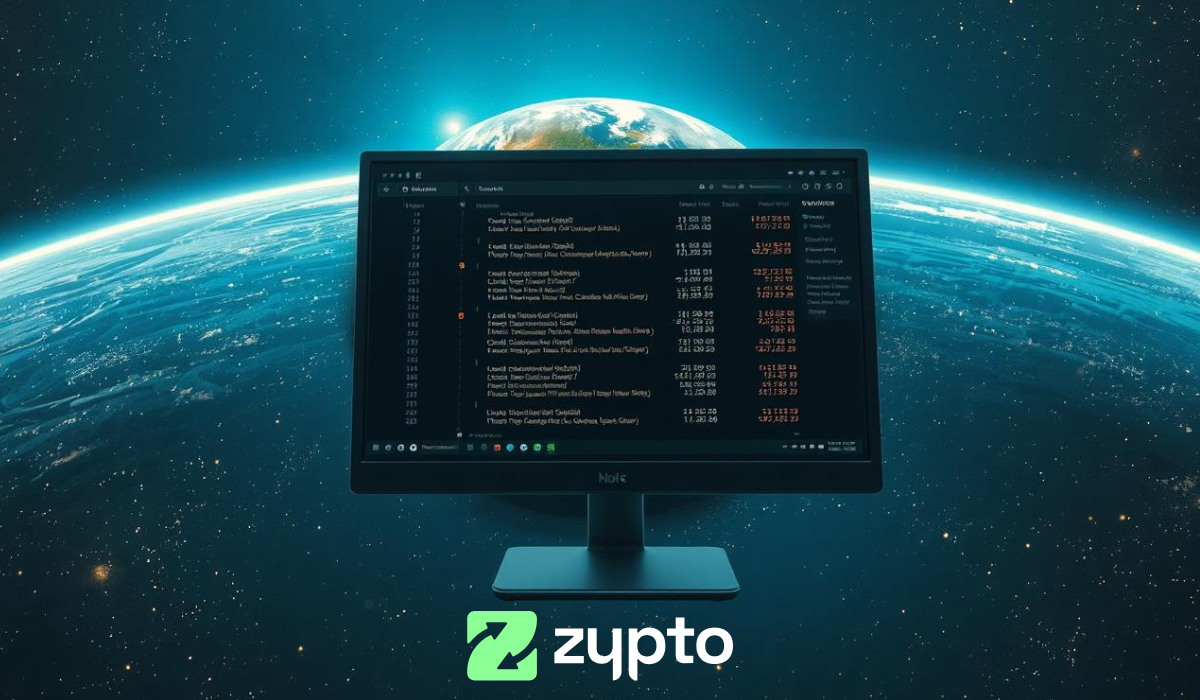



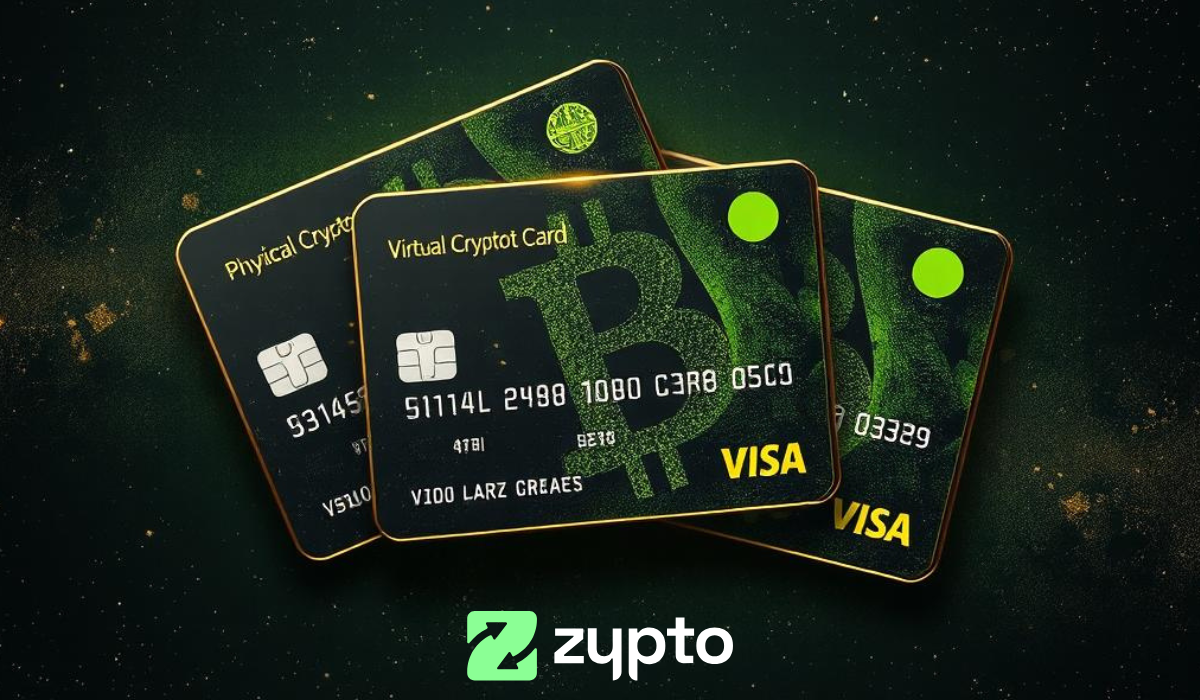




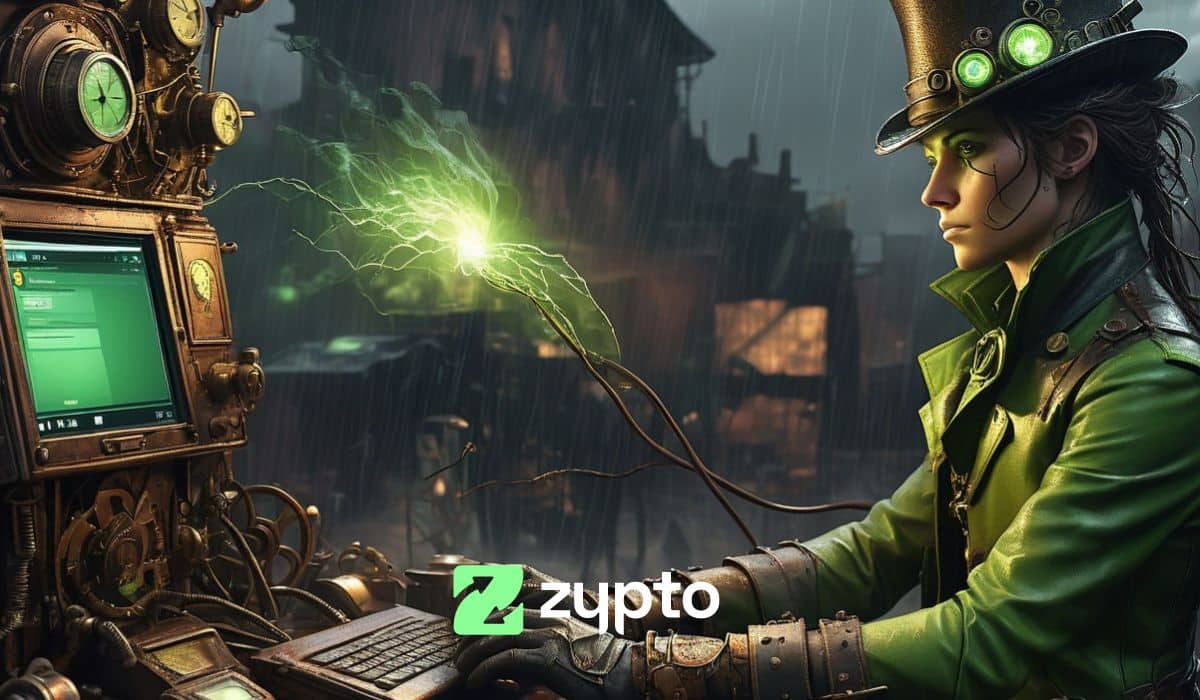



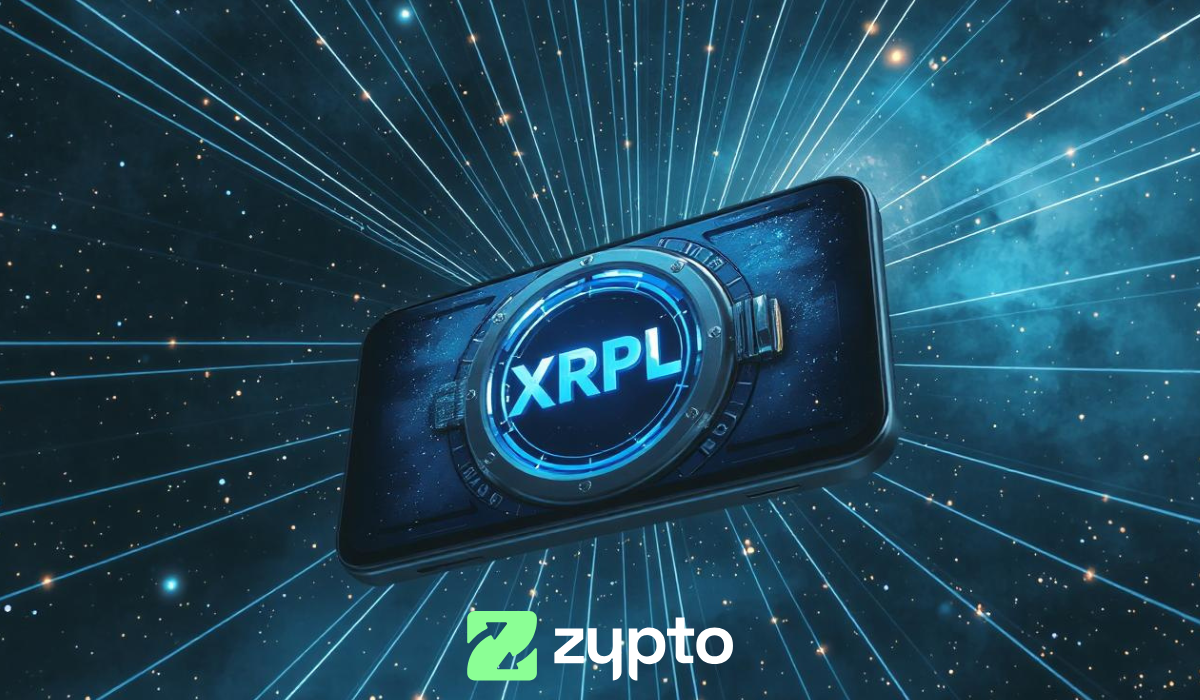

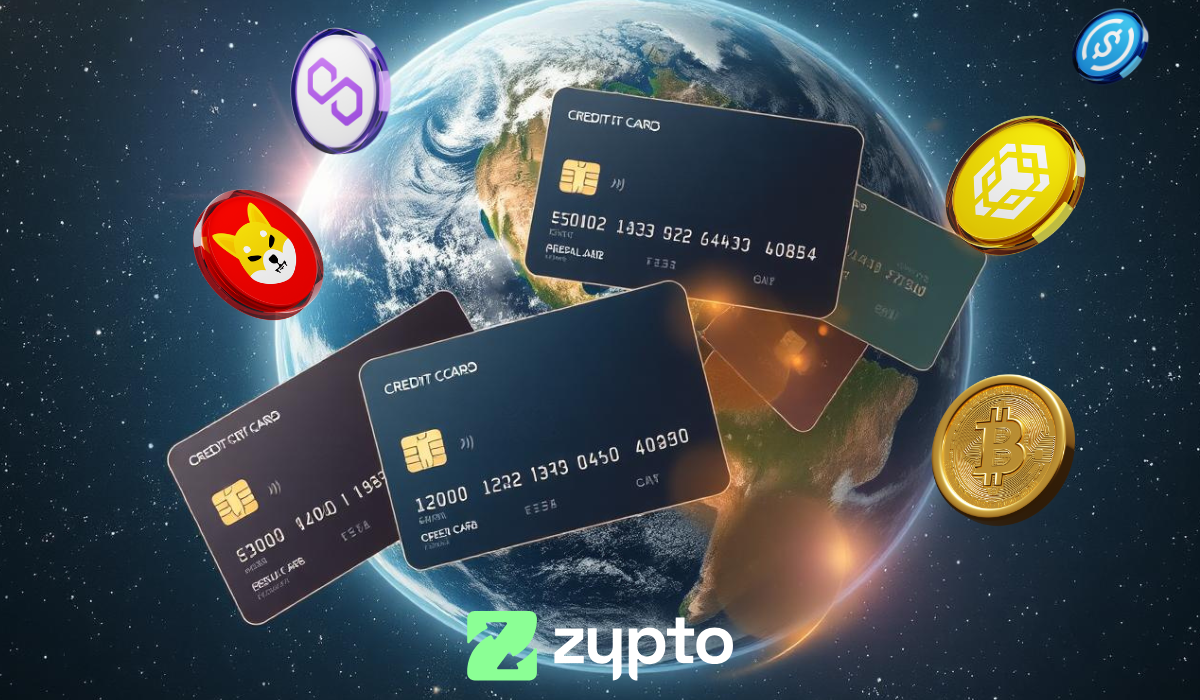
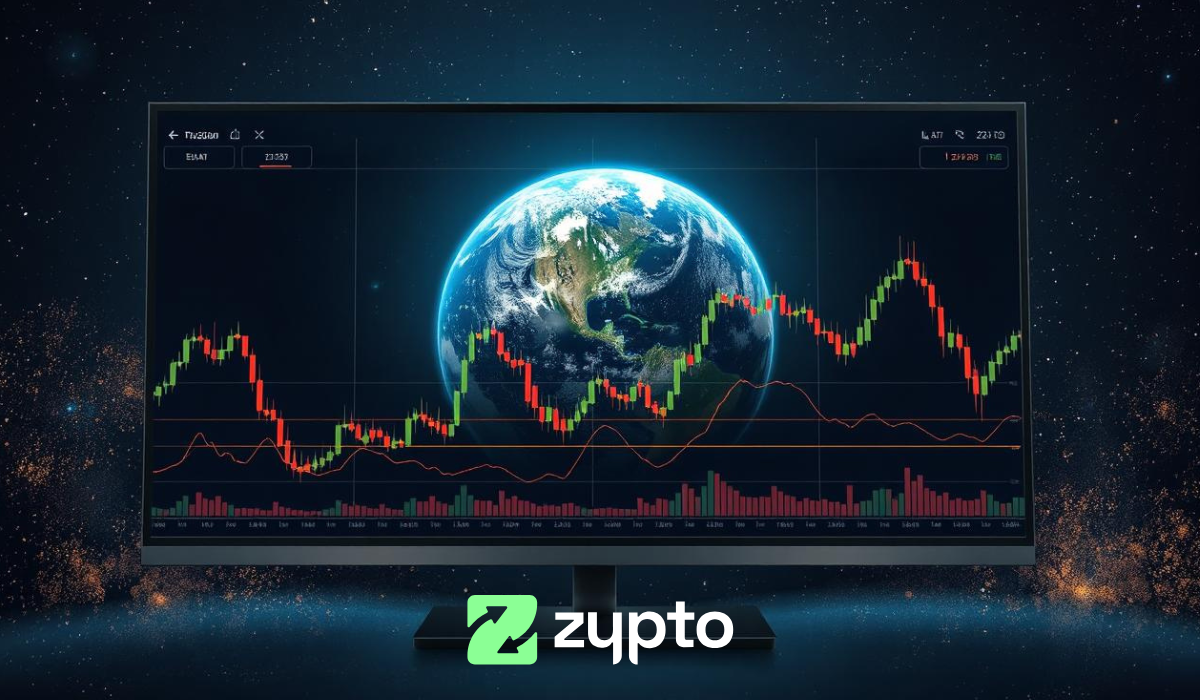
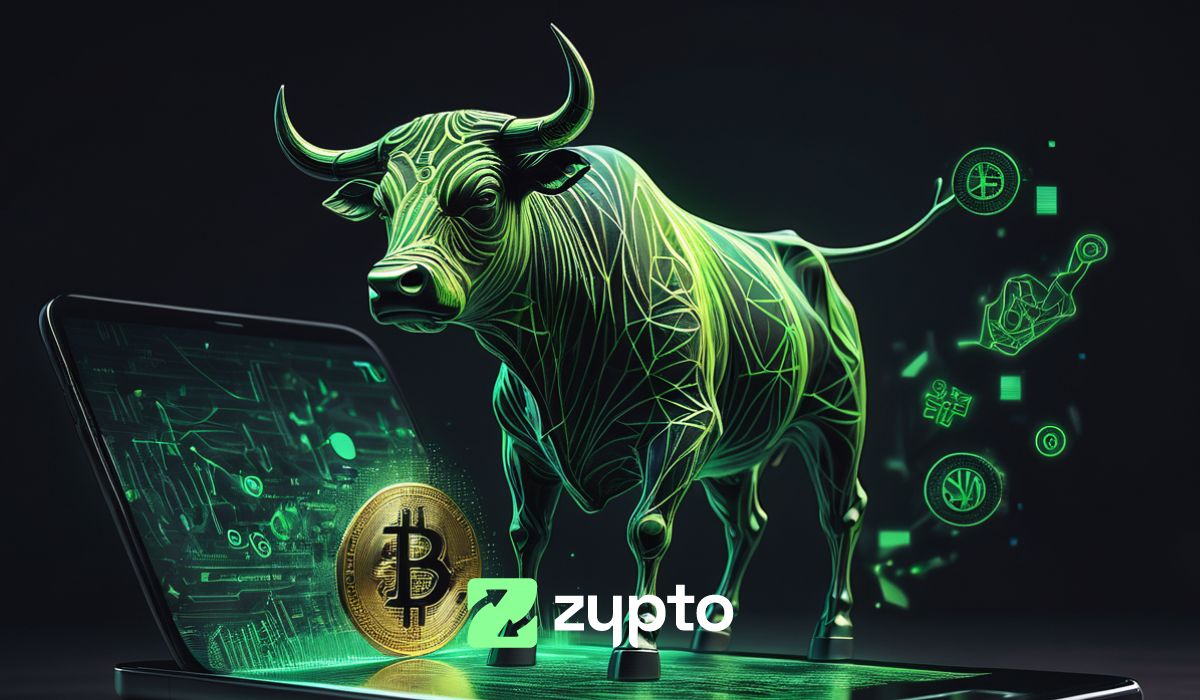

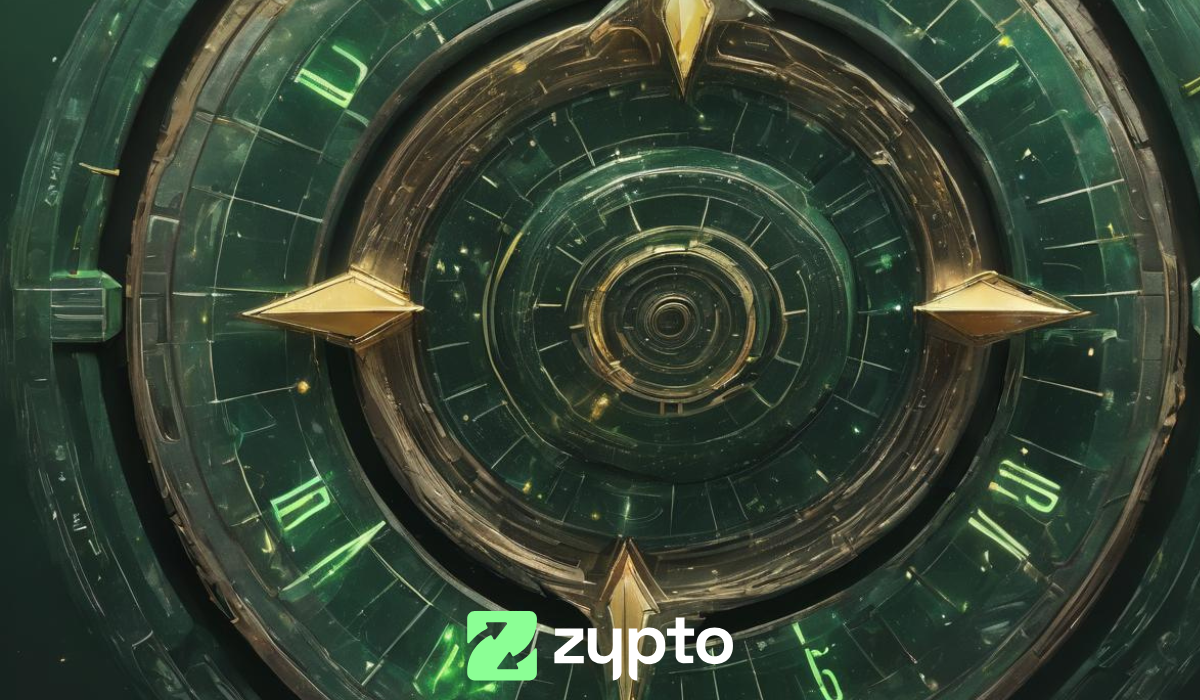

0 Comments